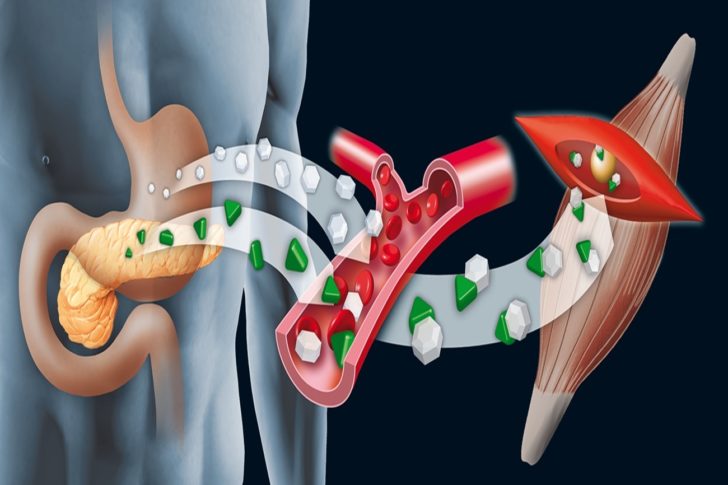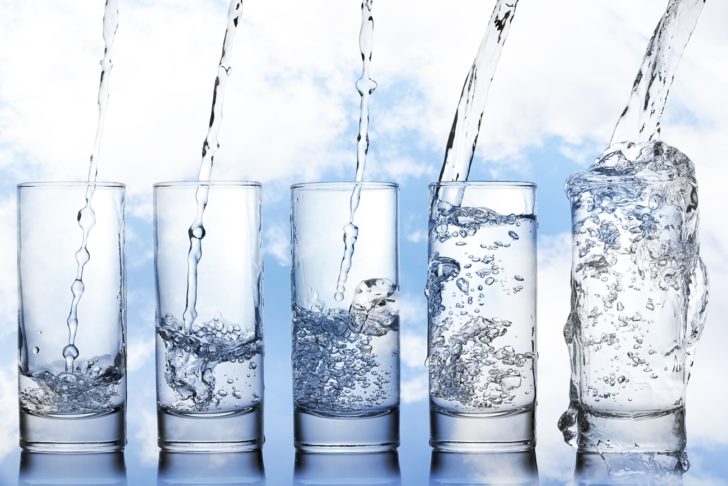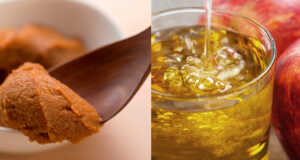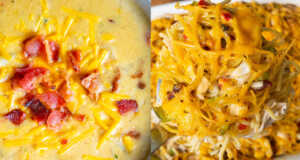
“Drink up to slim down by boosting your metabolism!” “Teas that help you burn fat and boost metabolism!” “Foods that keep your metabolism revved as you age!” These are common headlines, but are they true? Let’s look.
What is metabolism? “Metabolism” describes the combination of biochemical processes that occur in our bodies. This includes the process of converting food and beverages into energy. Of the total calories we expend each day, metabolism constitutes the largest portion of that at 60 – 70% of total calories burned. This means that for someone whose body expends 2500 calories per day, 1500 – 1875 of those calories are burned by the metabolism. This doesn’t include calories burned at the gym or even blinking — metabolism is energy used just existing. So at rest, without feeling it happening, our bodies are using a lot of energy each day.

The rest of the calories we use each day are fueling two things: physical activity and thermogenesis. Physical activity includes the activities you think of when you hear “physical activity” but in addition to obvious activities like hiking and cycling, the physical activity portion of total daily calorie expenditure includes every single little movement, like blinking or texting. As soon as you reach for the snooze button in the morning, every movement you make after that during the day contributes to physical activity. Thermogenesis is the energy used breaking down food and transporting nutrients. The amount of energy required for thermogenesis can vary slightly, but it’s generally 10 – 15% of total calories burned.
The specific number of calories you burn each day is called your basal metabolic rate (BMR). Your metabolism, or BMR, is based on height, weight, age, and whether you are male or female. Despite all of the hype and claims out there about metabolism-boosters, our BMR is very static – it doesn’t change unless you have a medical condition like hypothyroidism or your body is underfed, with a diet or an eating disorder (and it’s a pretty brilliant survival mechanism — if we are fed less, our body burns less to conserve energy and optimize longevity. Smart!).
Given the scientific facts about metabolism, claims about specific foods affecting metabolism are just plain bogus. You can be a metabolic expert by keeping this in mind and understanding the difference between metabolism, thermogenesis, and physical activity. Most claims made about eating and metabolism are actually describing ways thermogenesis – the work it takes for your body to digest food – might be increased, but even these claims are exaggerated. Let’s take a look at 5 common metabolism myths:
1. Drinking more water.

Filling up on water before eating is not metabolism-boosting. Chugging water before a snack or meal is a classic dieting trick aimed at faking out the body into thinking it’s satisfied on too little. While many bodily processes rely on adequate hydration, saying that loading up on water will improve these bodily processes in a way that impacts BMR is far-fetched.
2. Cinnamon.
Can cinnamon spice up your metabolism? Nope. While there are cinnamon studies showing improvements in how glucose is processed by diabetics, it’s a huge leap to say that cinnamon will increase your metabolism. It’s not magical and sprinkling some cinnamon on your oatmeal or toast will help it taste good, but that’s all it will do.













